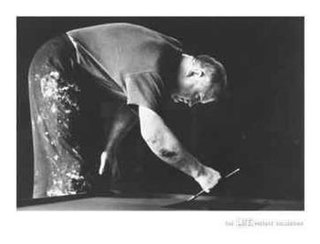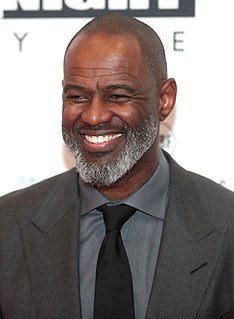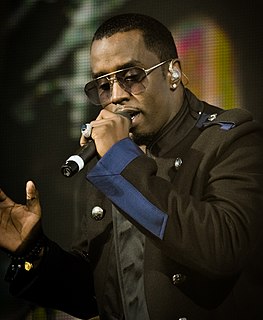A Quote by Talib Kweli
Artists look at the environment, and the best artists correctly diagnose the problem. I'm not saying artists can't be leaders, but that's not the job of art, to lead. Bob Marley, Nina Simone, Harry Belafonte - there are artists all through history who have become leaders, but that was already in them, nothing to do with their art.
Related Quotes
I've watched so many women, from Kathleen Hanna all the way up to Taylor Swift, whether they're pop artists or rock stars or fine artists or writers, it is the subhistory of female artists that if you're going to make art, you're also going to have a full-time job of defending your right to make art.
I think the entrepreneurial activities that make art visible and attractive are what lure people into the amusement park that SoHo has become or that Bushwick or Williamsburg has become. It's not that outsiders come to an area because they hear artists are living there. A lot of people came who were not that interested in living with artists, but they were interested in living like artists and socializing the way that they thought artists socialized.
Artists raise their kids differently. We communicate to the point where we probably annoy our children. We have art around the house, we have books, we go to plays, we talk. Our focus is art and painting and dress-up and singing. It's what we love. So I think you can see how artists in some way raise other artists.
You listen to Bob Dylan and you can't help but think of the 60s, it's very relational and if artists are true artists and not just mere musicians they need to be truthful because the music doesn't come from them it comes from the universe and it's to be shared. At best, we're skilled presenters, and I say that at best.
You listen to Bob Dylan and you can't help but think of the 60s, it's very relational and if artists are true artists and not just mere musicians they need to be truthful because the music doesn't come from them, it comes from the universe and it's to be shared. At best, we're skilled presenters, and I say that at best.



































